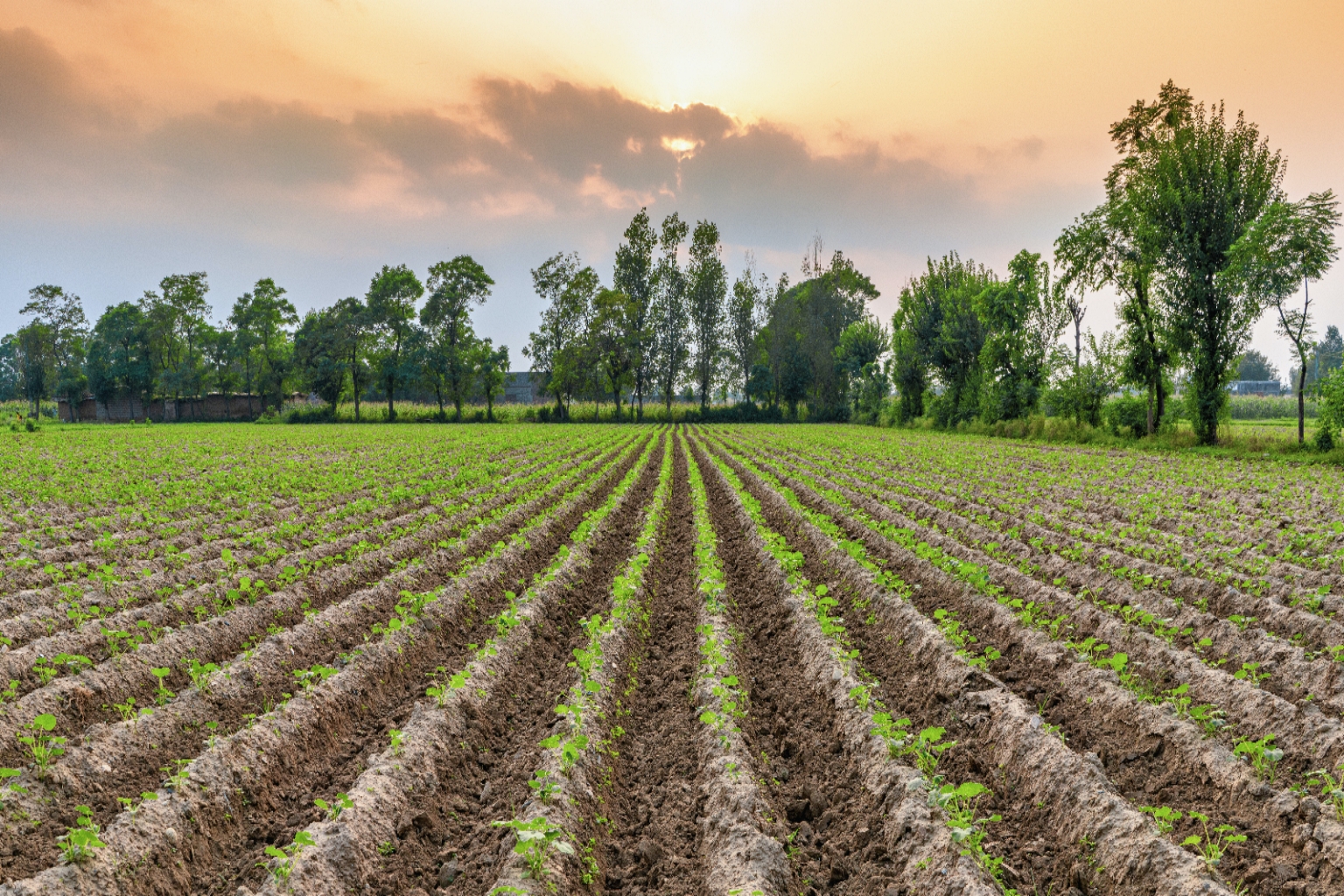Buying agriculture land isn’t just about owning a piece of earth—it can also be a smart financial step. Over time, land value tends to rise. This gradual increase in price is what we call appreciation. In India, where farming has always played a central role in the economy, this rise in land value can be influenced by several things—like where the land is located, how good the soil is, how close it is to a highway, or even a new policy from the government.
Let’s break down how this appreciation works and how it can benefit someone looking to buy agriculture land, explore farms for sale, or simply understand the basics of land investment.
What Does Appreciation Mean in Agricultural Land?
Appreciation is just a fancy word for a simple idea—when something you own becomes more valuable over time. In this case, it’s your agricultural land. Just like houses or apartments in cities, farmland prices can go up, especially when certain things happen in the surrounding area. A new expressway, increased demand for crops, or even limited land availability as cities grow outward—all these can push land prices higher.
Imagine you bought an acre of land for ₹20 lakh. Five years later, thanks to a new highway project nearby or a rise in agricultural demand, that same piece of land might sell for ₹30 lakh. That’s appreciation in action.
Why Does Farmland Appreciate?
Several practical reasons contribute to why farmland becomes more valuable over time:
1. Location and Connectivity
The closer your land is to growing towns, new roads, or big infrastructure projects, the more likely its price will go up. A good example is the Delhi-Mumbai Expressway, which has pushed land prices higher in places like Sohna and Alwar. In just a few years, rates jumped from ₹15 lakh per acre to more than ₹30 lakh.
2. Soil Quality and Water Availability
Productive land appreciates faster. In states like Punjab and Haryana, where irrigation systems are strong and soil is fertile, land value often increases quickly. These areas are always in demand when someone searches for farm land for sale or an agriculture farm near me.
3. Type of Crops and Yield
If the land supports high-yield crops like wheat, rice, or sugarcane, or is suitable for organic farming or horticulture, it becomes more attractive. These types of farms often bring better income, which boosts the land’s overall worth.
4. Infrastructure Growth Nearby
When an airport, industrial hub, or large road project comes up near land and farm regions, landowners often see a sharp jump in prices. After the Kundli-Manesar-Palwal (KMP) Expressway was completed, villages nearby saw a 50–60% rise in land prices.
5. Government Policies
Sometimes it’s not just roads or crops—it’s policies too. When the government supports farming or declares areas as Smart Cities or SEZs, nearby agriculture land purchase zones often become more valuable.
How Much Can Land Appreciate?
The rate at which agriculture land appreciates isn’t the same everywhere. It depends on where the land is, how developed the area is, and what projects are happening nearby.
- In well-known farming areas: 10–15% growth per year
- In fast-developing zones: 5–10% per year
- In remote or less developed areas: 2–5% per year
So if you purchased a farm near the Delhi-Mumbai Expressway in 2020 for ₹20 lakh, that same acre could be worth ₹35 lakh by 2025. That’s a rise of 8–12% each year—better than many traditional investments.
How Can You Increase the Value of Your Agriculture Land?
If you’re thinking about buying agriculture land or you already own some and want to improve its value, there are a few things you can do:
Choose the Right Location
Look for land in areas where new infrastructure is planned or cities are expanding. For instance, the Gurgaon–Sohna Road and Noida Extension have become hotspots for land investment.
Improve the Land
Even simple steps like maintaining soil quality or using sustainable farming methods can make your land more attractive to buyers or tenants.
Grow a Mix of Crops
Don’t stick to just one crop. Mixed farming or cultivating high-demand crops can make your land more productive, which in turn increases its value.
Stay Updated on Government Projects
When you hear about a new expressway, a business park, or a government-backed farming zone coming up, that’s your signal to check if there’s farm land for sale nearby. Getting in early often means getting better returns later.
A Real-Life Example of Appreciation of Agriculture Land
Take Sohna, Haryana. Back in 2015, you could find farms for sale there for about ₹15 lakh per acre. Fast forward to 2025, and that same land is now worth around ₹35–40 lakh. All thanks to new roads and better connectivity. That’s the power of being early in a growing area.
Are There Any Risks?
While farmland generally appreciates, it’s not without risk. Here are a few things to keep in mind:
- Market Changes: Prices of crops can go up and down.
- Climate Concerns: Droughts or floods can affect productivity.
- Legal Trouble: Ownership disputes or zoning rules can delay or block your plans.
How to reduce risk?
Start by verifying all documents before purchase. Choose land with access to water and roads. And most importantly, diversify—don’t put all your money in one piece of land.
Final Thoughts
If chosen wisely, agricultural land can be more than just a patch of soil—it can be a solid, long-term investment. Whether you’re looking for farms for sale, conducting a farm search, or planning a future agriculture land purchase, understanding how appreciation works can help you make better decisions. Yes, there are some risks, but with the right planning and research, the rewards can be substantial—especially when the goal is to build wealth steadily over time and possibly earn capital gain on agricultural land.



